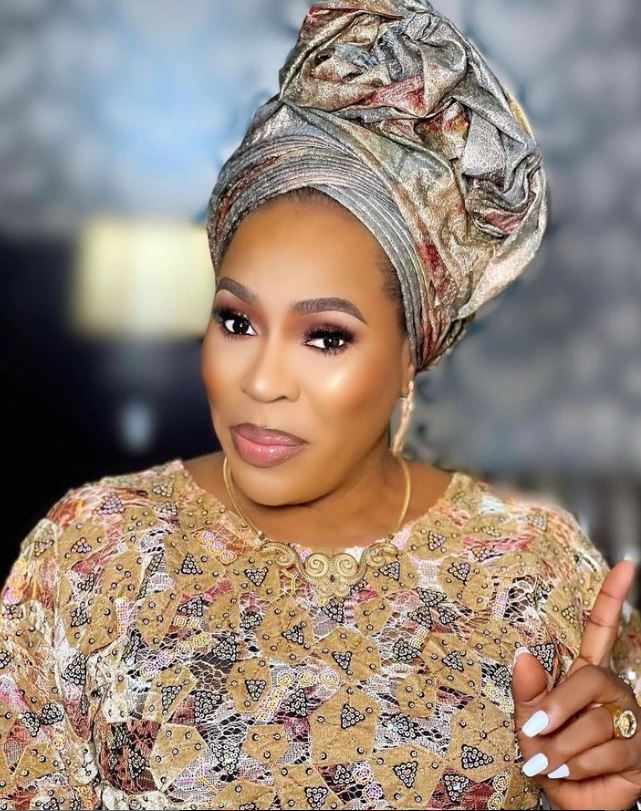
Renowned Nollywood actress Faithia Williams has addressed the controversy surrounding her upcoming biopic, Efunroye: The Unicorn, which has sparked debate on social media platforms, particularly X (formerly Twitter).
The film centers on Madam Efunroye Tinubu, a prominent Yoruba businesswoman and political figure of the 19th century. Tinubu’s legacy has been polarizing, with some celebrating her as a powerful leader and others criticizing her involvement in the slave trade. Sharing a cover image of the film, Williams tweeted on October 22, 2024, “Power. Trade. Legacy. She was more than a warrior; she was a ruler who rewrote history.”
While some fans appreciated the effort to depict a significant historical figure, others criticized the film for portraying Tinubu, whom critics such as journalist David Hundeyin described as an “ultimate slave trader.” He tweeted, “A deliberate decision was made to fund a Nigerian movie lionising not just ‘a’ slave trader but the ultimate slave trader, as in Efunroye Tinubu herself… This would be like getting Tyler Perry and Spike Lee to produce a movie titled ‘Robert E. Lee: The Unicorn.’”
Amid the backlash, Williams responded with a statement clarifying her intentions. She emphasized that Efunroye: The Unicorn was “not a promotional piece intended to glorify or whitewash a divisive historical figure like Madam Efunroye Tinubu, nor does it carry any political intent or affiliation.” Instead, she described the project as an “artistic interpretation” that seeks to “present Madam Tinubu’s life in a balanced and nuanced way” and capture the complexity of her legacy.
In her statement, she acknowledged the mixed responses and stated, “Firstly, Efunroye: The Unicorn is first and foremost a creative expression meant to entertain, educate, and spark thoughtful conversations. It is not a documentary or a political statement.” She also noted that while the movie draws from historical events, it uses “creative liberties to make the story more engaging for modern audiences.”
Williams remains committed to authentically telling this story, which she believes will prompt discussions about Nigerian history and heritage.








